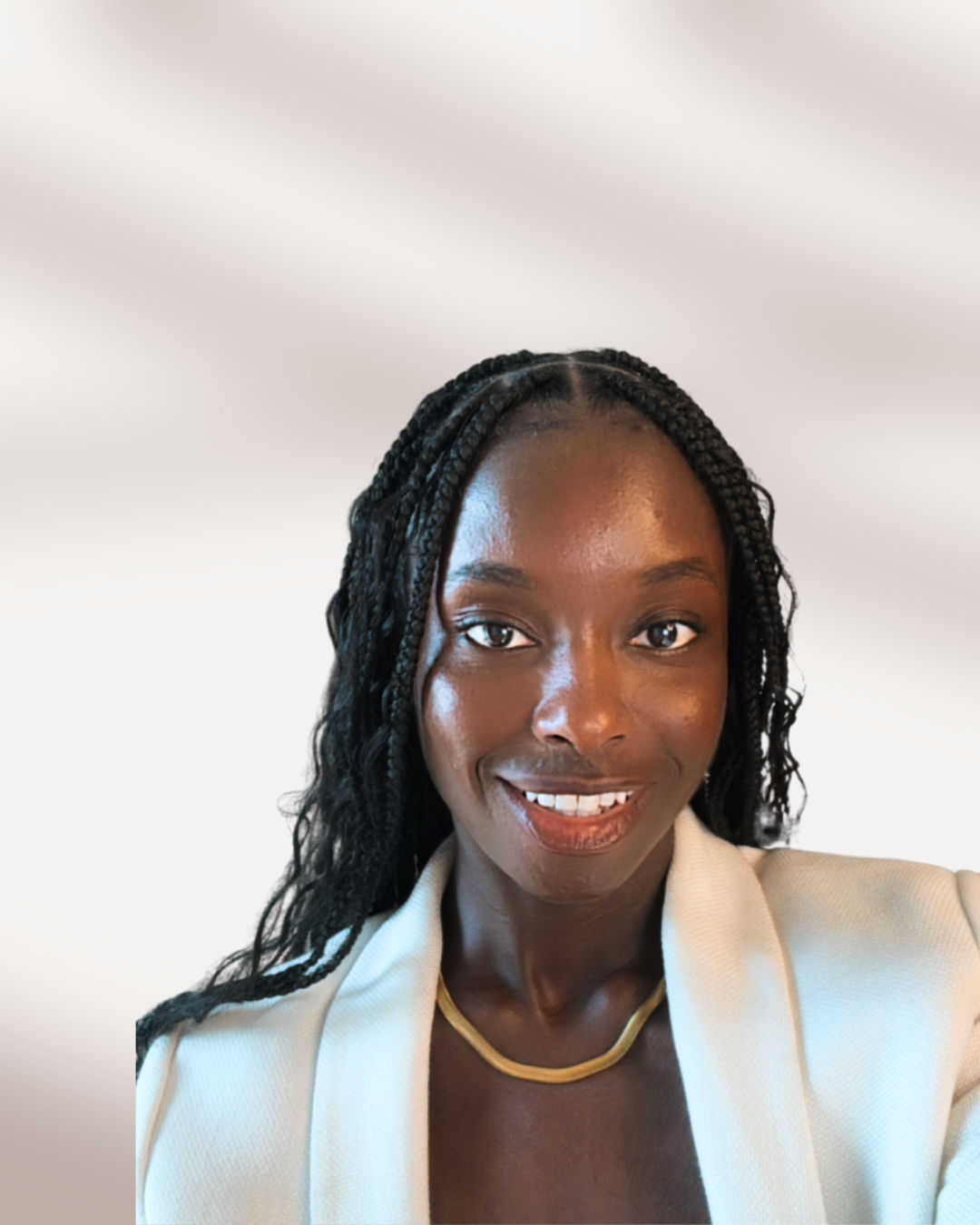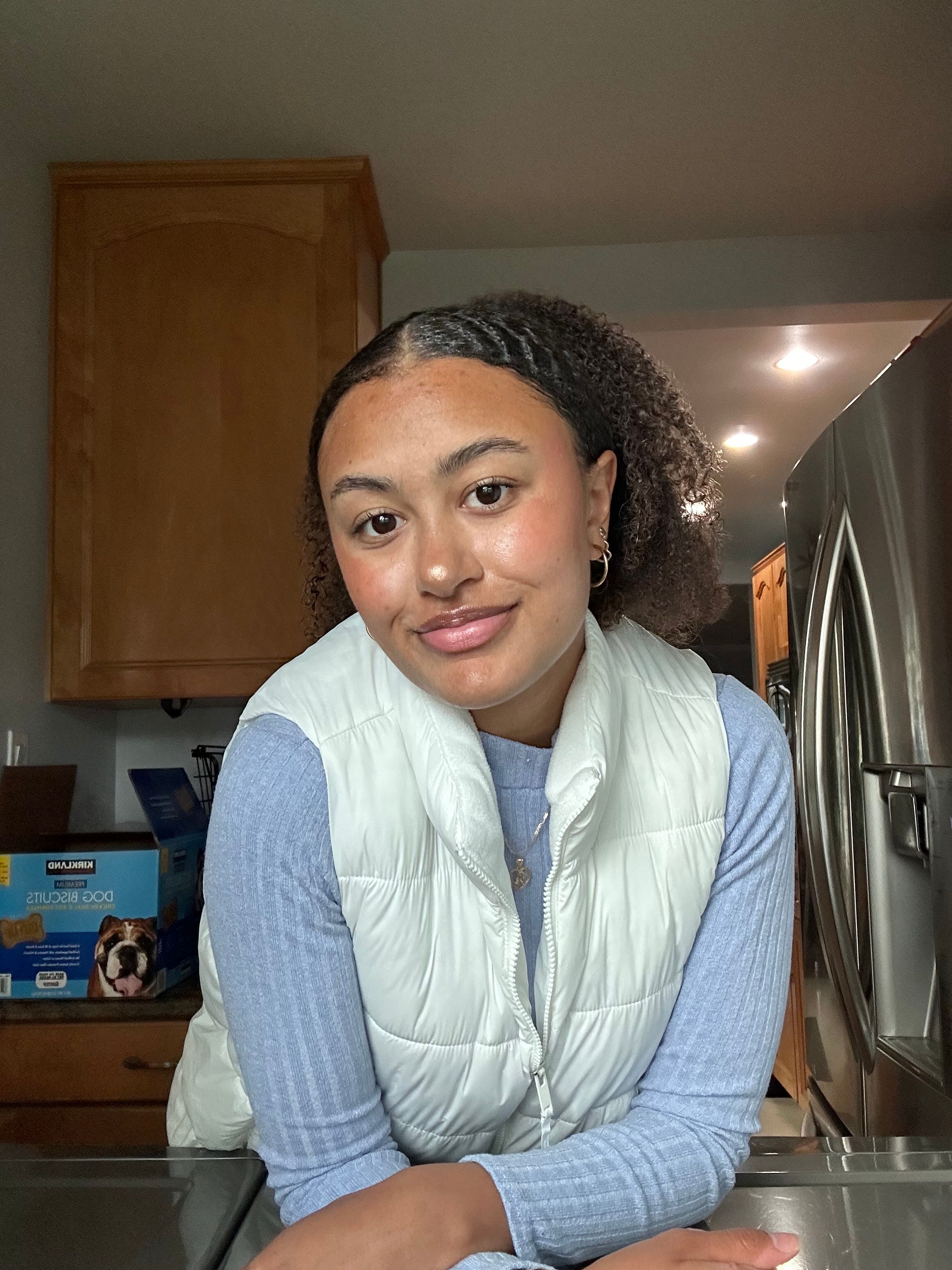I just Dharma Coaching Institute! The goal is continue on my path as a Dharma Coach (life purpose) - aligning with my own dharma while teaching others how to do the same! I'm excited to share this concept with the Speech industry. Stay tuned for more!
War in Israel and SLP?
SLP
Verified
The war in Israel is heavy on the mind of my families and myself included. What is our role in advocating and counseling our clients amidst these circumstances in Israel?
Wordless Videos
Okay I LOVE wordless videos. But I find some of them are too child-like for adolescents. Which wordless videos would you recommend for middle schoolers?
It's hispanic heritage month until October 15, we can still celebrate by honoring brands of SLPs who are committed to teaching cultural responsive therapy for Spanish bilingual clients. My personal favorites are Bilinguistics, The Bilingual SLP, and the Latina Speechie! Who are yours?
Mental Health Strategies for SLPs
Today is World Mental Health Day! How do you manage your mental health as an SLP? How do you help clients manage their mental health as it's in our scope of practice? I'm curious to know your response!
Yesterday was my birthday and the beginning of COMPs week. I had a full day of sessions at the elementary school where I am placed that included Halloween-inspired arts and crafts and books. I am also completing a speech assessment for one of my students, so I completed the GFTA-3 sounds in sentences and an oral mech exam. My supervisor was kind enough to surprise me with my own clipboard that has a compartment for papers/laminated visuals/therapy activities and another compartment for pens. Additionally, she included a laminated Pecs board, bell curve, and speech sound acquisition handouts that I can reference.
The fact that COMPs is on Friday the 13th is a little scary, but I am manifesting a double pass on both the written and oral portions. I appreciate all of your support and I hope y'all have a great Tuesday!
Happy Indigenous People's Day!! According to Bloem (2021), we can support indigenous children in the academic setting by:
⭐️Supporting Native Culture and Native Preservation
⭐️Teaching Pre-Academic Skills
⭐️Developing Social and Emotional Competence
⭐️Encouraging Self-Care and Independence
Do you have Indigenous children on your caseload? Let me know in the comments!
I'll be sharing my story and the story of many others at ASHA 2023 this year with the topic, "Child Sexual Assault in Black and Latinx Communities: Implications for Speech-Language Pathologists." Here are some things to expect from this presentation:
* SLPs ethical responsibility in sexual assault intervention
* Unique challenges of Black and Latinx children regarding sexual assault
* Prevalence of sexual assault in these communities
* Strategies for interdisciplinary practice
* Ways we can create safe spaces in the clinical setting
This is a heavy topic. I know! But I know this is important to unveil..
Balancing our careers with our social lives can be challenging. For example, my birthday is on Monday but the only thing I can think of is the fact that next week is part 1 of COMPs week. This means I have a comprehensive online exam one day, and an oral panel the next consisting of 2 case studies we have to analyze in front of our professors. This is arguably the most stressful part of my graduate school journey because these 2 days determine whether I officially get my Master's degree. Because of this, I have ignored planning my birthday so that I can focus on studying and student teaching. However, I realize I can have a fun birthday and a successful COMPs experience. So today, I looked at possible venues for my birthday and found one I liked. Now, I just have to decide when the festivities will be.
What I want you to take away from my story: Being a graduate student or SLP is just one part of your life. You can enjoy your life outside of the therapy room. It may be hard to schedule the time, but it is important to take care of your mental health. Explore your hobbies and interests and find joy outside of your career.
Hey #slp2be 💕 Are you in your first semester of graduate school and feel like you’re a huge imposter? Read the 3 things you need to know👇🏽
1. You are here to LEARN 🧠. You are not expected to know it all yet. Make notes of what you need to improve on and set aside time in your schedule to review/relearn these concepts. Do your research, go to office hours, listen to SLP podcasts, and/or form a study group!
2. Be your own clinician 🌟. You can’t always rely on other people to give you “the answer.” You are going to have to make decisions using your clinical instincts and figure out ways to make your therapy sessions engaging and intentional. Don’t try to be like everyone else. Understand your strengths and utilize them throughout your entire grad school journey.
3. Focus on the POSITIVES 🫶🏽 It can be easy to get caught up in everything that went “wrong” during a session, without acknowledging any of the parts that went right. Give yourself credit for all of your wins (e.g. you have established good rapport with your client, you improvised when your client didn’t like the activity you brought, you remembered to collect data, etc.). This is the time to make mistakes because they’re all opportunities to learn and grow as a clinician.
💬 Comment down below what you’re struggling with as a first semester (or year) graduate student?

